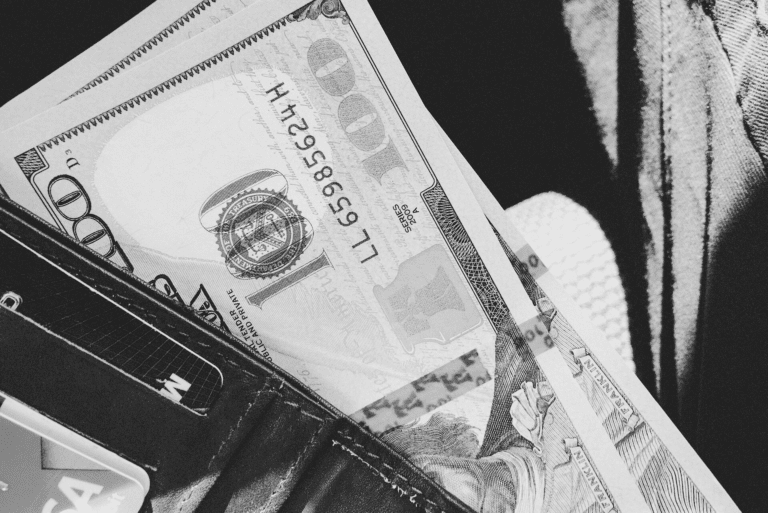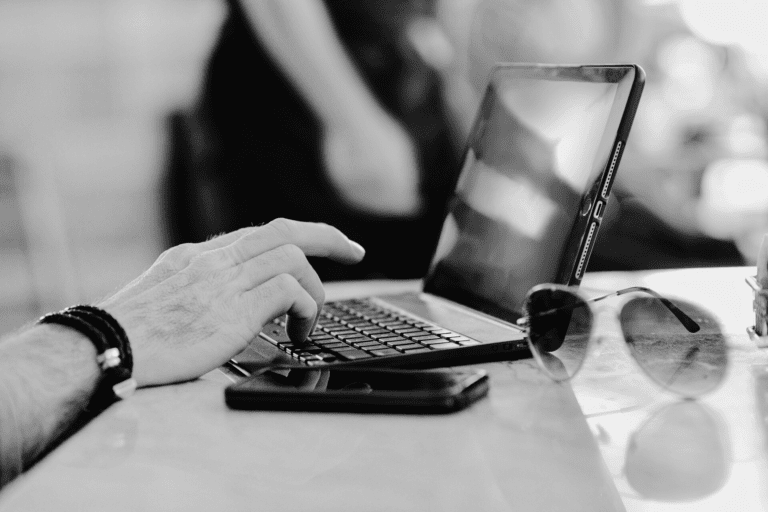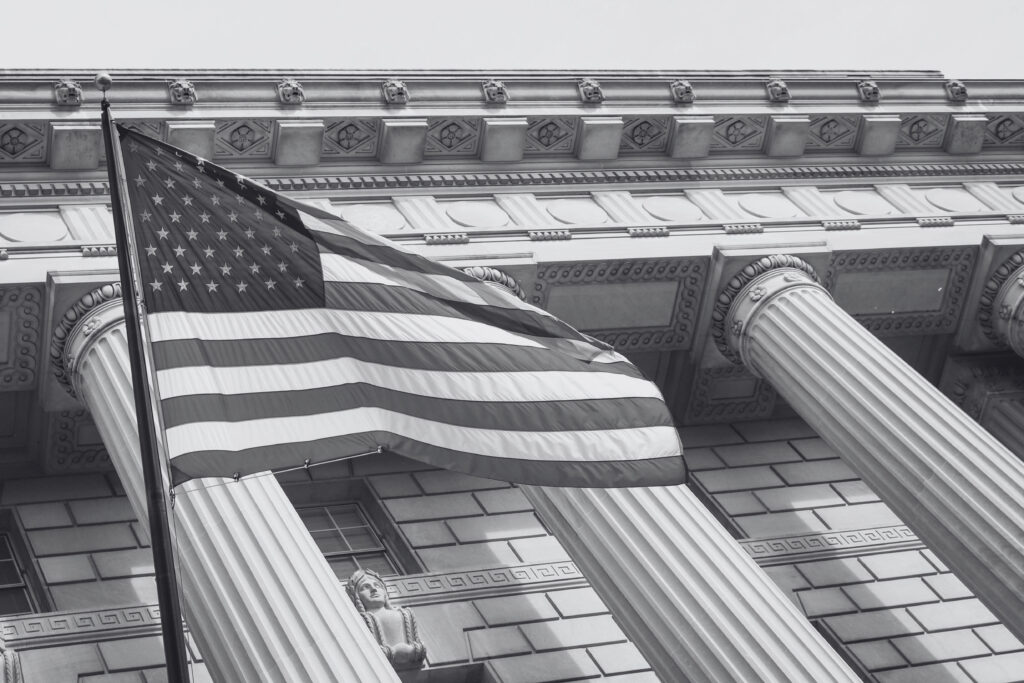Many business owners are misinformed about the collateral requirements for SBA loans, assuming that without ample assets, they won’t qualify for any SBA loan program. However, this isn’t entirely accurate when considering the full scope of SBA lending programs.
The truth is, collateral requirements vary significantly across different SBA loan programs, loan amounts, and individual lender policies. While most SBA loans do require some form of collateral, the Small Business Administration has designed programs to accommodate businesses at different stages and with varying asset levels.
Understanding the nuances of SBA loan collateral can help business owners make informed decisions about which loan program best suits their needs and available assets.
Key Takeaways
- SBA loan collateral requirements vary across different loan programs.
- Most SBA loans require some form of collateral.
- The Small Business Administration offers programs for businesses with different asset levels.
- Collateral requirements depend on the loan amount and lender policies.
- Understanding SBA loan collateral helps businesses choose the right loan program.
Understanding SBA Loan Collateral Basics
The concept of collateral is fundamental to SBA loans, serving as a security measure for lenders. In the context of SBA financing, collateral refers to assets that borrowers pledge to secure their loan obligations.
What Constitutes Collateral for SBA Loans
For SBA loans, collateral typically encompasses tangible, physical assets such as real estate, machinery and equipment, and inventory. In some instances, accounts receivable may also be considered as collateral. The variety of assets that can be pledged highlights the flexibility of SBA loan collateral requirements.
The Purpose of Collateral in SBA Financing
The primary purpose of collateral in SBA financing is to mitigate the lender’s risk by providing a secondary source of repayment in case the borrower defaults. By having collateral, lenders are more confident in extending credit to small businesses that might otherwise be deemed too risky. This security enables lenders to offer more favorable terms, supporting the SBA’s mission to facilitate access to capital for small businesses.
Does SBA Loan Require Collateral? The Truth Revealed
SBA loans have specific collateral requirements that vary by program and loan amount, contrary to the common myth that they all require full collateralization. The truth is that while all SBA loans require some form of collateral, the extent of this requirement can differ significantly.
Common Misconceptions About SBA Loan Collateral
A common misconception is that all SBA loans require full collateralization. However, the reality is more nuanced. Lenders cannot deny an SBA loan application solely due to insufficient collateral if other aspects of the application are strong. For smaller SBA loans (under $50,000), collateral requirements are often minimal or waived entirely, making these programs more accessible to startups and businesses with fewer assets.
General Collateral Requirements Across SBA Programs
The SBA requires lenders to take available collateral up to the loan amount, but it doesn’t necessarily mandate full collateralization if a business has limited assets. The general principle is that lenders must secure loans with available business assets first, and only then consider personal assets if business collateral is insufficient. All SBA loan programs require personal guarantees from owners with 20% or greater equity in the business, which complements collateral requirements.
Collateral Requirements by SBA Loan Type
Understanding the collateral requirements for different SBA loan types is crucial for business owners seeking financing. The SBA offers a range of loan programs, each designed to meet the diverse needs of small businesses. The collateral requirements for these loans can vary significantly, reflecting the unique characteristics and purposes of each program.
Standard 7(a) Loans and Collateral Expectations
For standard 7(a) loans, which are the most common SBA loan program with amounts up to $5 million, lenders are required to make all attempts to “fully secure” the loan. This means pledging all assets being acquired, refinanced, or improved with the loan proceeds, as well as any additional fixed assets up to the loan amount. For loans exceeding $350,000, lenders must collateralize the loan to the maximum extent possible.
7(a) Small Loans and Express Loans
For 7(a) Small Loans and Express Loans under $50,000, lenders are not required to take collateral. However, for loans between $50,000 and $350,000, lenders follow their standard collateral policies for similarly-sized non-SBA loans. This flexibility makes these loan programs more accessible to small businesses with limited assets.
CDC/504 Loan Collateral Structure
SBA CDC/504 loans have a straightforward collateral structure, primarily secured by the fixed assets being financed, such as real estate or major equipment. The CDC takes a second-position lien behind the third-party lender, providing a clear and structured approach to collateralization.
Microloan and Disaster Loan Collateral Requirements
SBA Microloans, administered by nonprofit intermediaries, generally require some form of collateral, though requirements vary by intermediary. Disaster loans over $50,000 require collateral, with the SBA preferring real estate as security. However, the agency won’t decline a loan solely for lack of collateral if other conditions are satisfactory.
- Standard 7(a) loans require lenders to fully secure the loan with business assets.
- CDC/504 loans are secured by the fixed assets being financed.
- Microloans and Disaster loans have varying collateral requirements.
Types of Acceptable Collateral for SBA Loans
SBA loan collateral is not limited to a single type; various business and personal assets can be used to secure these loans. The flexibility in collateral options allows business owners to leverage different assets to meet the requirements of SBA loan programs.
Business Assets as Collateral
Business assets form the primary collateral base for most SBA loans. Lenders typically secure all business assets through a UCC blanket lien before considering personal assets. This approach ensures that the lender has a comprehensive claim on the business’s assets in case of default.
Real Estate and Equipment Collateral
Real estate, both commercial and residential, is considered premium collateral due to its stable or appreciating value. Equipment and machinery can also serve as valuable collateral, though lenders typically discount their value significantly due to rapid depreciation.
Inventory and Accounts Receivable
Inventory can be used as collateral but is typically heavily discounted due to concerns about liquidation value and obsolescence. Accounts receivable can also serve as collateral, with lenders valuing them at 60-80% of face value and often only accepting receivables less than 90 days old.
Personal Assets as Collateral
In cases where business assets are insufficient to secure the loan amount, personal assets of the business owner, including their primary residence or investment properties, may be required as supplemental collateral. Financial assets like certificates of deposit, stocks, bonds, and cash reserves can also be used.
Personal Guarantees vs. Collateral: What’s the Difference?
When exploring SBA loan requirements, understanding the distinction between personal guarantees and collateral is crucial for business owners. While both concepts are related to securing a loan, they serve different purposes and have distinct implications for business owners.
Personal guarantees are legal agreements that make business owners personally responsible for repaying the loan if the business cannot. This is different from collateral, which refers to specific assets pledged to secure a loan.
Who Needs to Provide Personal Guarantees
All SBA loans require personal guarantees from every owner with a 20% or greater equity stake in the business. Key executives or senior managers may also be required to provide personal guarantees if they significantly influence the business’s operations.
| Role | Personal Guarantee Requirement |
|---|---|
| Owners with ≥20% equity | Required |
| Key Executives/Senior Managers | May be required |
How Personal Guarantees Impact Your Liability
Personal guarantees create a significant financial risk for business owners, as they allow lenders to pursue the guarantor’s personal assets in the event of default. Unlike collateral, which limits the lender’s recovery to specific pledged assets, personal guarantees give lenders access to all non-exempt personal assets of the guarantor.
For instance, if a business defaults on an SBA loan, the lender can claim the guarantor’s personal assets, including real estate, savings, and future income, to recover the debt.
Conclusion: Navigating SBA Loan Collateral Requirements
Navigating the complexities of SBA loan collateral requirements is crucial for small business owners seeking financing. While most SBA loans require collateral, the specific requirements vary significantly by loan program, loan amount, and lender policies.
Business owners should thoroughly research their options and conduct a comprehensive inventory of available business and personal assets before applying. Working with experienced lenders can help navigate complex collateral requirements. For businesses with limited collateral, smaller SBA loan programs may offer more accessible financing options.
Understanding the distinction between collateral and personal guarantees is also crucial. By being informed and prepared, small business owners can successfully navigate the SBA loan application process and secure necessary funding.
















